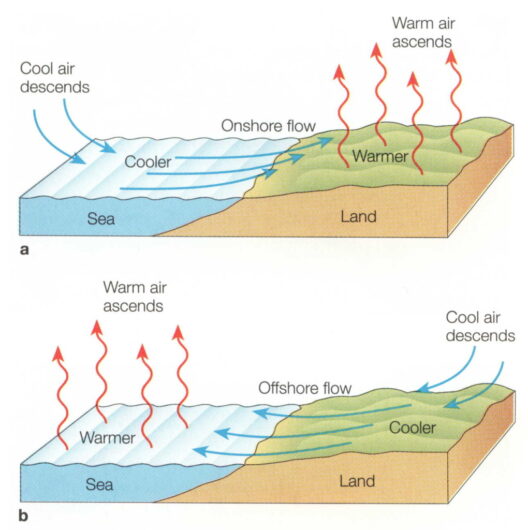Leonardo DiCaprio, an eminent figure in contemporary cinema, has become an ardent advocate for climate change awareness and environmental sustainability. His vocal stance on this pivotal issue raises significant questions regarding the motivations behind his activism. This essay delves into the multifaceted reasons that compel DiCaprio to speak out on climate change while exploring the deeper implications of his involvement in such a critical global challenge.
To begin, it is essential to recognize that Leonardo DiCaprio’s engagement with environmental issues is not a mere byproduct of celebrity culture; it reflects an ingrained sense of responsibility. In his early career, DiCaprio expressed a fascination with nature and wildlife. Growing up in Los Angeles, he often found solace in outdoor activities, which fostered an appreciation for the planet’s beauty and fragility. This intrinsic connection to nature laid the groundwork for his later activism, reinforcing the notion that as one ascends to positions of influence, a duty emerges to address the poignant issues facing humanity. It is within this context that DiCaprio’s platform facilitates a greater dialogue on climate change.
DiCaprio’s advocacy is characterized by an urgent call to action that resonates with a diverse audience. He asserts that climate change is not merely an abstract scientific phenomenon but rather an imminent crisis affecting billions of lives. His speeches, often delivered at venues like the United Nations climate change summits, underscore the gravity of the situation. For instance, he invokes stark statistics and empirical data, illustrating the correlation between human activity and environmental degradation. This method not only informs but also galvanizes action, creating a sense of urgency that transcends mere rhetoric.
Furthermore, it is noteworthy that DiCaprio employs his celebrity status as a strategic asset. In a world inundated with information, capturing public attention is paramount. By leveraging his fame, he elevates the discourse surrounding climate change, bringing it into mainstream consciousness. He has often articulated that the role of celebrities extends beyond entertainment; it is also about using one’s influence to advocate for essential causes. DiCaprio recognizes that addressing climate change requires a collective effort, and his status allows him to mobilize resources and support that may otherwise remain dormant.
While fame undoubtedly amplifies his voice, it is crucial to acknowledge the emotional and ethical dimensions that underpin DiCaprio’s commitment to environmental activism. In a heartfelt address to the United Nations, he described the planet as “the only home we have.” This personal connection, coupled with a moral imperative, propels his advocacy. DiCaprio’s narrative resonates with individuals who share a similar conviction that proactive measures must be taken to protect the earth for future generations. This sentiment transcends geographical and cultural boundaries, uniting people under a shared vision of sustainability.
Moreover, DiCaprio’s initiative is not limited to public speaking; it encompasses thoughtful action and philanthropy. He established the Leonardo DiCaprio Foundation in 1998, which focuses on global warming, preserving biodiversity, and supporting renewable energy initiatives. Through this foundation, he has funded numerous projects that directly address climate change, from supporting indigenous communities to investing in innovative solutions. This holistic approach reveals a comprehensive understanding that mere dialogue is insufficient. Pragmatic solutions must accompany advocacy to engender tangible change.
The impact of DiCaprio’s activism extends beyond his philanthropic efforts; it inspires a generation of young activists. He embodies a beacon of hope and motivation for many who feel dismayed by the overwhelming nature of the climate crisis. By shining a light on the issue, he encourages youth to engage, educate themselves, and become catalysts for change within their communities. For many, DiCaprio’s commitment to the cause serves as a clarion call to action, emphasizing that individual contributions to the fight against climate change can collectively yield significant results.
Critically, DiCaprio’s activism also raises questions about the intersection of celebrity culture and environmentalism. As a public figure, he embodies both privilege and responsibility. Skeptics may argue that his lifestyle—characterized by private jets and lavish events—contradicts his environmental message. However, such criticisms often overlook the complexity of balancing personal choices with advocacy. Instead of perfection, DiCaprio models transparency and accountability, acknowledging imperfections while continually striving for positive changes. This nuanced perspective encourages others to evaluate their environmental footprints critically and embrace progress rather than idealism.
In conclusion, Leonardo DiCaprio’s advocacy for climate change encompasses a rich tapestry of motivations, including personal passion, moral duty, and strategic resource mobilization. His ability to interweave personal narrative with empirical data creates a compelling appeal that resonates with a broad audience. As he navigates the intricate landscape of celebrity culture, he exemplifies how prominence can be wielded for the greater good. Ultimately, DiCaprio’s ongoing commitment to environmental issues urges society to reflect upon its connectivity with the planet while inspiring action. The deeper reasons behind his fascination with climate advocacy reveal not only an individual’s commitment to our shared home but also an invitation for collective responsibility.



